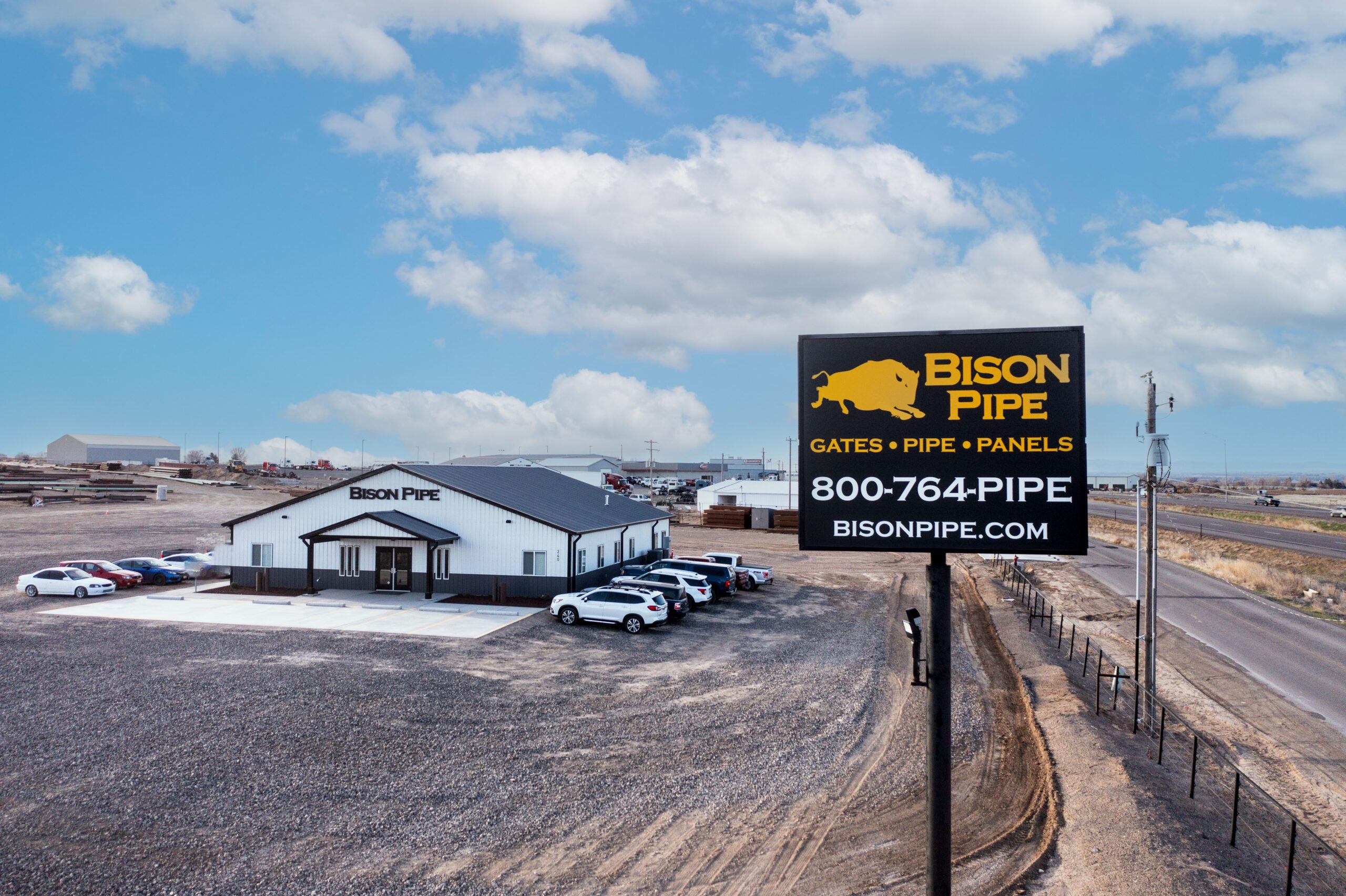How Can You Ensure Your Fence Contractor Meets Your Needs?

When it comes to protecting your property, the quality of your fence plays a pivotal role. Whether you’re safeguarding your garden, ensuring privacy, or corralling livestock, the barrier you choose is your first line of defense. The quest for the perfect fence starts with finding the right contractor, someone who can understand your needs and translate them into a robust solution. For residents looking toward a reliable and durable option, exploring fence supply in Idaho marks a critical step in this journey.
Setting the Meeting Stage
Establish Clear Project Visions
Initiate the contractor selection process by detailing your project’s scope. Specify your timeline, budget, aesthetic preferences and any unique requirements such as the need for durable livestock fence panels or specialized fence supply materials.
Sync Schedules for Consults
Work together with prospective contractors to identify a mutually agreeable time for discussions. Opting for regular business hours can facilitate focused and productive conversations, ensuring the contractor can dedicate their full attention to understanding your project needs.
Craft a Comprehensive Questionnaire
Before your meetings, compile a list of essential questions. Address topics such as their track record, methodological approach to projects, expected timelines, types of fence supply materials they prefer (including steel), warranty provisions and any other project-related inquiries.
Delve into the Project Specifics
Use the consultation as an opportunity to elaborate on your project requirements. Guide the contractor around your property to highlight any potential challenges or specific areas that might influence the fence installation, including terrain type, existing structures and boundary lines.
Gauge Communication Efficacy
The initial meeting is an excellent opportunity to assess the contractor’s communication prowess. Observe their responsiveness, the clarity with which they explain complex concepts and their willingness to address your concerns thoroughly.
Solicit References
Requesting references is critical. Ask for contact information of previous clients with similar projects. Reaching out to these references can provide insight into the contractor’s reliability, the quality of the fence supply they use and overall client satisfaction.
Peruse Contracts Thoroughly
Should the contractor present any contracts or proposals during your meeting, take your time to go over these documents. It’s crucial that every aspect of the project, including costs, timelines and specifics regarding the fence supply and installation, are clearly laid out and agreed upon.
Acquire and Compare Estimates
After your consultations, ask each contractor for a detailed estimate. This step allows you to compare not only the costs but also the scope of work and services included. Make sure that the use of high-quality steel fence supply materials is a common thread in the estimates you receive.
Crafting Your Budget for Fence Supply Needs
Evaluate Your Financial Landscape
Start by taking a close look at your financial health. Determine your spending ability for the fence project by reviewing your income, savings and any financing avenues you might access. This foundational step ensures your plans are grounded in financial reality.
Understanding Fence Installation Expenses
Dive into researching the typical costs associated with fence installation. Prices can vary widely based on the materials used, the perimeter length, the height of the fence, design complexity and any special features you might want. This research helps set realistic expectations for your budget.
Sorting Essentials from Extras
Carefully distinguish between the critical requirements and the nice-to-have features of your fence. Essentials might include factors affecting security or privacy, which should take precedence in your budget. Consider if you can phase in desirable features over time to manage costs effectively.
Gathering Competitive Estimates
Reach out to several fence contractors for comprehensive estimates. Comparing these quotes helps ensure you receive fair pricing and transparent service offerings.
Transparent Budget Discussions
When engaging with contractors, it’s important to be open about your financial limits. Early conversations about your budget can lead to creative solutions that align with your financial capacity without compromising on quality.
Anticipating Hidden Costs
Be mindful of the extra expenses that accompany fence installations, such as permit fees, site prep work, clearing debris and ongoing maintenance. Incorporating these into your budget from the start helps prevent unexpected financial strain later.
Valuing Durability and Efficiency
While it’s vital to adhere to your budget, consider the long-term benefits of opting for higher quality materials and skilled installation. Such investments can reduce future maintenance costs and extend the lifespan of your fence, offering better value over time.
Flexibility is Your Friend
Remain adaptable as you navigate through the budgeting and planning stages. Should the initial cost estimates exceed your expectations, don’t hesitate to explore different options or discuss payment plans with your chosen contractors. Flexibility might reveal new pathways to achieving your goals within your financial means.
Inquiring Minds Need to Know
Material Matters
Ask about the types of materials used, especially if you have specific requirements like fence supply for livestock fence panels.
Legal Legwork
Inquire about any necessary permits and ensure the contractor adheres to local regulations and zoning laws.
Assurances Offered
Understand the warranties and guarantees provided with the work and materials. These can offer peace of mind and protection for your investment.
Insurance Verification
Check that the contractor has appropriate insurance coverage to safeguard against any potential damages or injuries.
Credentials Count
Verify the contractor’s licensing to ensure they meet professional standards and legal requirements.
Reporting Unlicensed Work
If you encounter or suspect unlicensed contractors, report them to the appropriate authorities. This action protects you and upholds industry standards.
Secure Your Space
Ready to transform your property with top-quality fencing? Bison Pipe offers an extensive range of steel fence supply in Idaho to meet every need, from livestock panels to elegant boundary fences. Our commitment to durability, style, and customer satisfaction sets us apart. With us, you gain access to premium materials, expert advice, and unbeatable service. Act now to ensure your space is secure, stylish, and precisely how you envision it.

